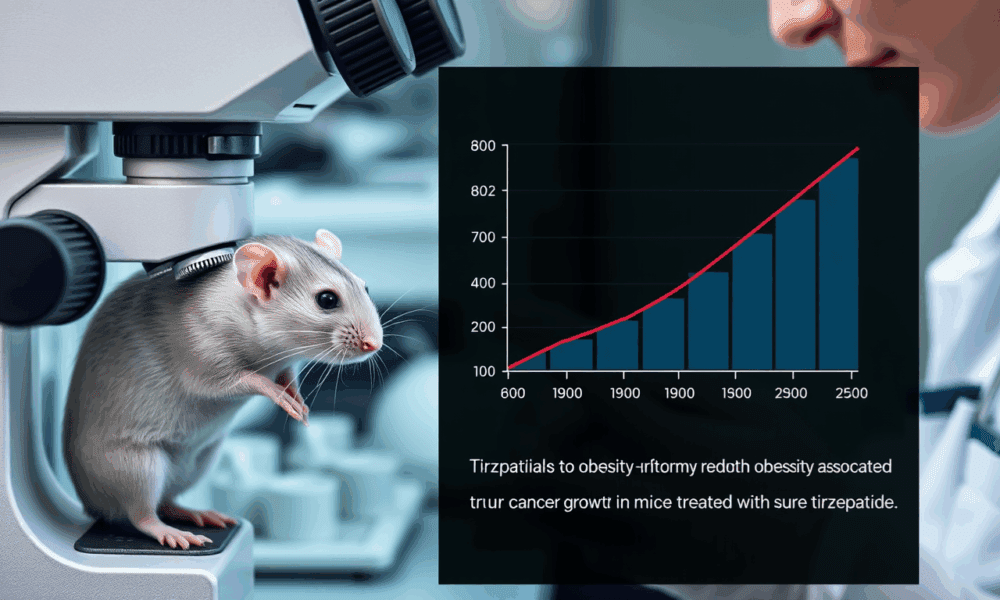
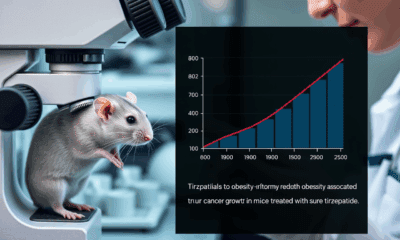

In a striking new study, the anti-obesity drug tirzepatide, known as Mounjaro and Zepbound, not only triggered significant weight loss in obese mice but also slashed...



Adopting a physically active lifestyle at any stage of adulthood significantly lowers your risk of dying from any cause, especially from cardiovascular disease. A sweeping analysis...



Midlife sleep habits may matter more than previously thought. A large study finds that poor sleep, alongside high blood pressure and nicotine use, sharply increases the...
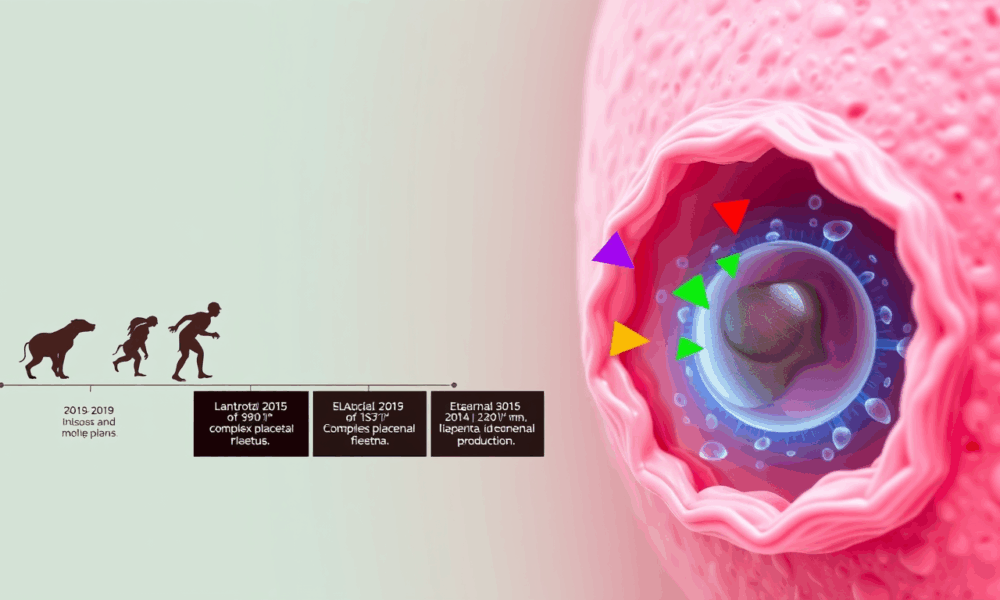
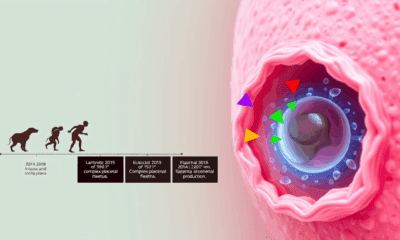

A group of scientists studying pregnancy across six different mammals—from humans to marsupials—uncovered how certain cells at the mother-baby boundary have been working together for over...
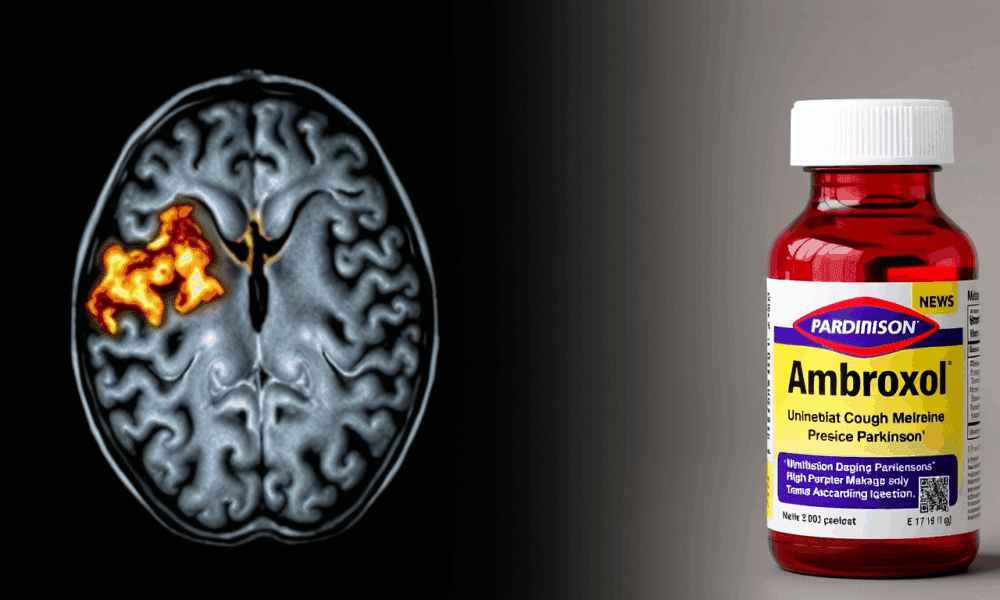
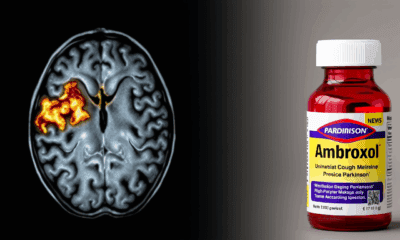

Ambroxol, long used for coughs in Europe, stabilized symptoms and brain-damage markers in Parkinson’s dementia patients over 12 months, whereas placebo patients worsened. Those with high-risk...
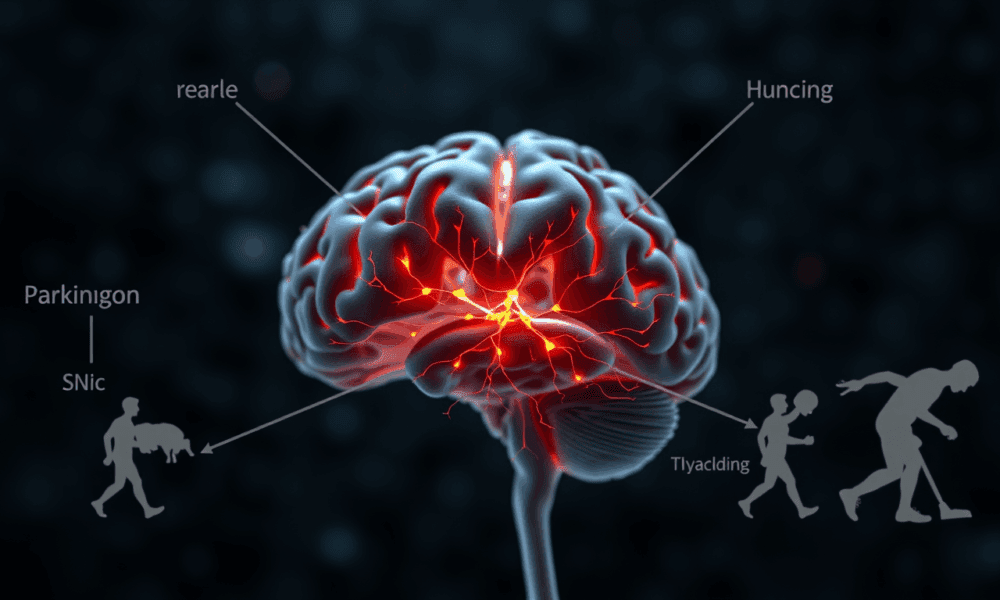
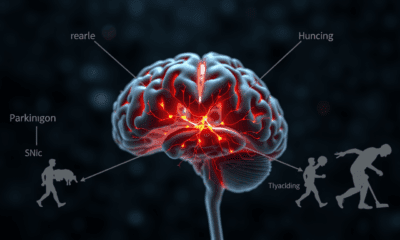

These findings highlight the significance of rearing behavior and behavioral lateralization as potential behavioral markers for tracking the progression of Parkinson's disease.



Scientists at the University of Sydney have uncovered a malfunctioning version of the SOD1 protein that clumps inside brain cells and fuels Parkinson’s disease. In mouse...
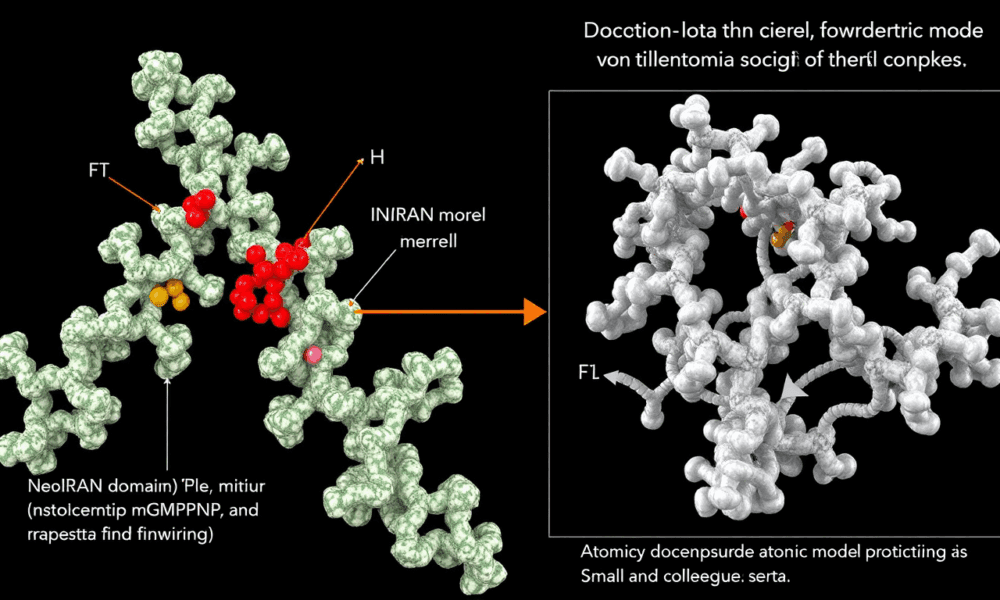
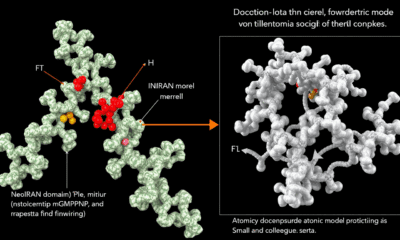

A promising path to fighting COVID and other coronaviruses may have been based on a serious mistake. Scientists had zeroed in on a part of the...
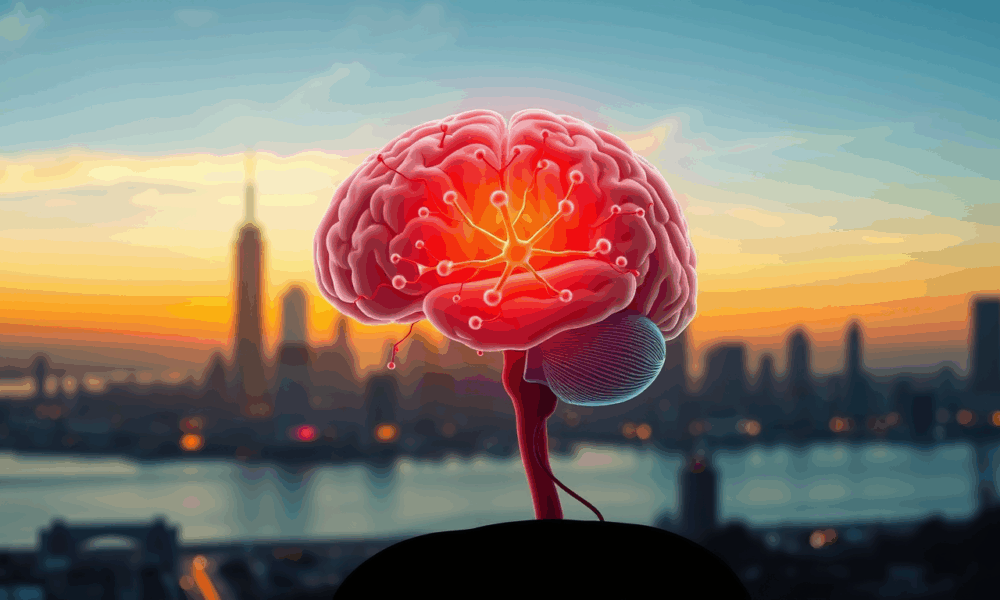
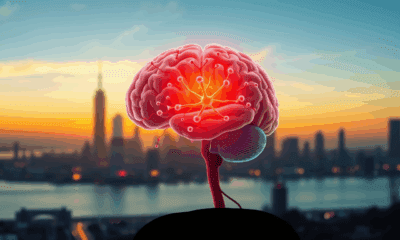

Stanford researchers discovered that dialing down an overactive enzyme, LRRK2, can regrow lost cellular “antennae” in key brain cells, restoring vital dopamine communication and neuroprotective signals...
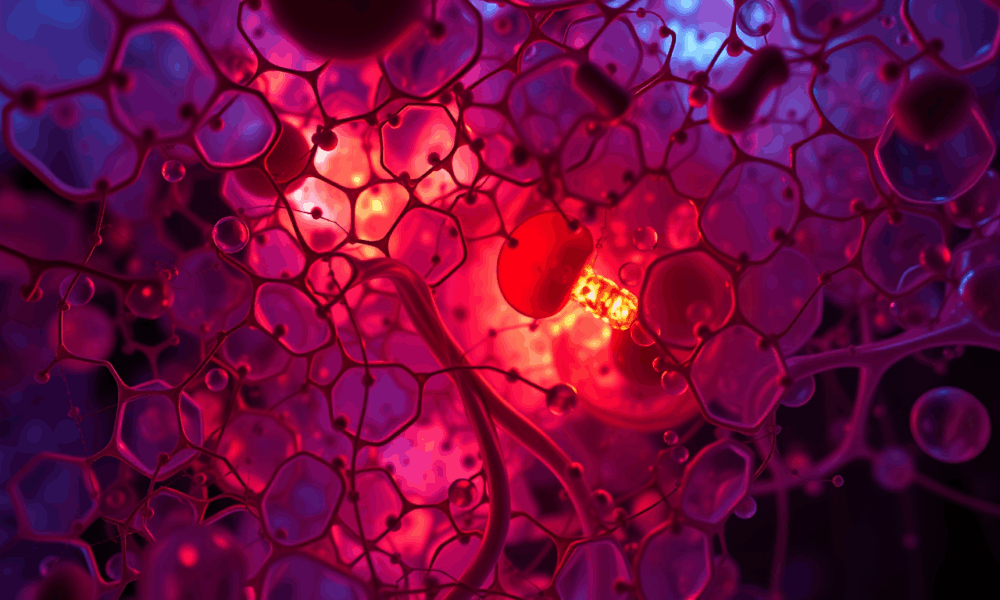
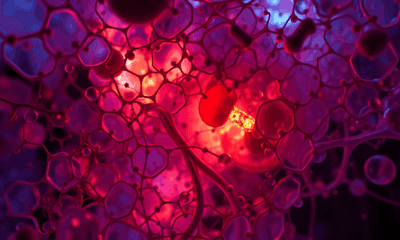

Scientists have achieved an unprecedented look into how the human immune system attacks a transplanted pig kidney, using spatial molecular imaging to map immune activity down...